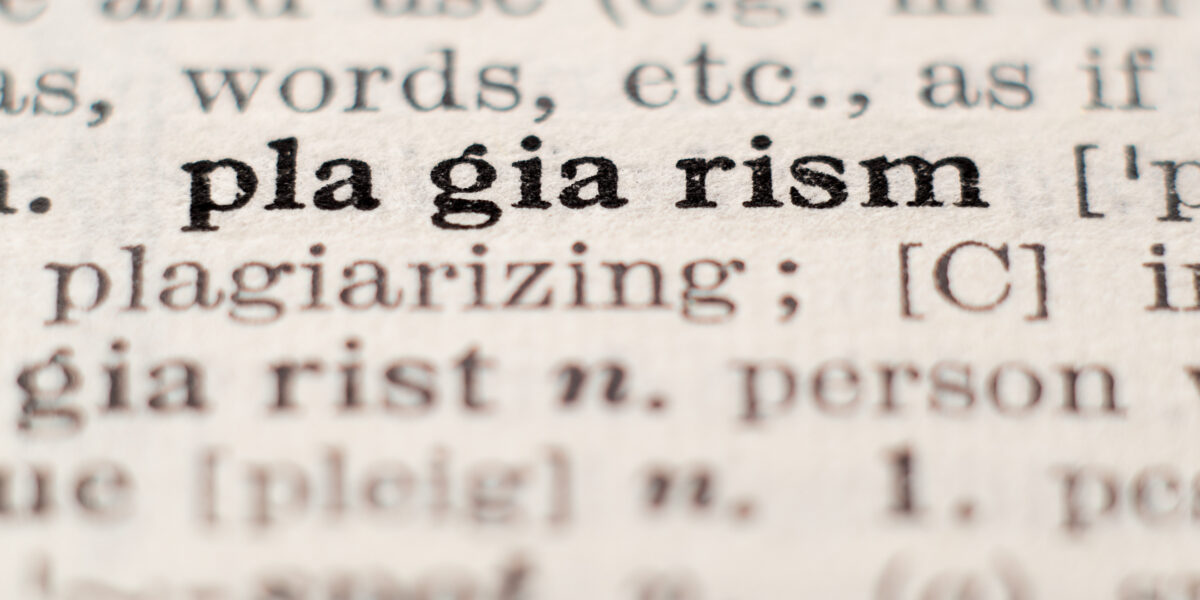Through your journey as a student, you will be presented with many challenges and experiences along the way, all of which are learning opportunities. Regardless of your field of study you are most likely to write your share of essays which brings up the point of this article and it is a really big one, let’s all say it together now: Plagiarism.
Plagiarism is the use of someone else’s ideas or words without giving them proper credit and can be done unintentionally or consciously.
Let’s quickly go over the different types of plagiarism:1
- Direct Plagiarism
This is the word-for-word transcription of the work of another without credit and/or quotation marks.
- Self Plagiarism
This is the use of a person’s own previous work and resubmitting it in a new work.
- Mosaic Plagiarism
This is when paraphrasing or using synonyms from an uncredited source and passing off the ideas as your own.
- Accidental Plagiarism
This may be the most prevalent and is simply neglecting to cite sources, misquoting sources, or unintentionally paraphrasing without citation.

Now that we have established what we are dealing with, how can it be avoided? Below will be a short list of practices that can help prevent this from happening:
- Preparation:
You need to plan your work ahead of time allocating the appropriate time required for different projects accordingly and remaining disciplined in your practice. You need to avoid writing essays and projects at the last minute because this will not afford you the time to internalize the points enough to reform them as original thoughts and perspectives of your own.
2. Correct Citation:
In academic writing citation is very serious, and not doing so properly has serious consequences the least of which is a failing grade.
The most common citation styles are APA and MLA.
You can reference a few sites to help you with this here, here as well and here or many others.
3. Quote and Paraphrase:
A lot of issues can be avoided by simply using quotation marks on sentences that are not your own, while providing references to the sources.
Paraphrasing requires a little more engagement with the ideas and concepts presented because you must understand them enough to present them in your own words. Replacing a couple words while maintaining the structure/form of the original sentence is not good enough.
4. Reference:
As the essay or project is coming together and you are going through information and sources for your work make sure you add them to your reference list as you use them and not save that task for after the paper is written, to minimize the likelihood of missing one by omission or in the review process.
5. Plagiarism Checker:
After you have revised and reread your article (as I’m assuming is your usual practice by this point) it will serve you well to run your work through an online plagiarism checker. Including this process in all your work is why the top recommendation is preparation, to allow you enough time not only to write the paper but to cite it accurately, revise it (more than once) and to run it through the checker.

A few of these online tools can be found using check-plagiarism and Grammarly as well as a host of others.
I hope these few suggestions and weblinks have been useful to help improve your essay writing experience. There are several other resources available to you online and you can look through and find which of them work best for you.
All the best in your studies going forward and beyond that!

